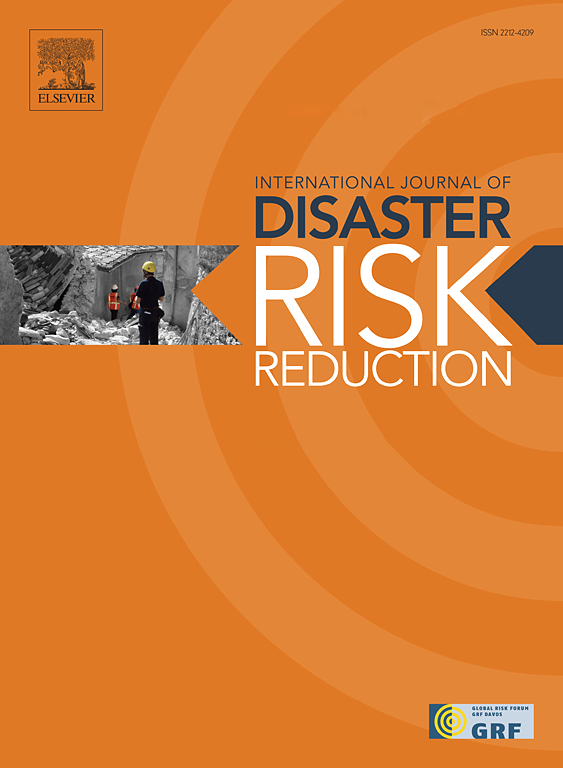Published online: January 2024
Authors: Robert A. Farnan, Jonathan Ensor, Anushiya Shrestha, Dilli Poudel, Bijay Singh, Pakamas Thinphanga, Khanin Hutanuwatr, Yogendra Subedi, Sobina Lama, Sangeeta Singh, Richard Friend
Available at: https://doi.org/10.1016/j.polgeo.2023.103002
Abstract
In an era of rapid urbanisation, understanding how marginalised groups shape and are shaped by planning has never been more urgent. Here, we focus on the political capability of marginalised groups, centring analysis on the control (or lack of control) that they have over their livelihoods and environment. Focused on the politics of participatory planning that surround the Kirtipur and Baan Mankong Housing Projects in Nepal and Thailand, we develop a post-foundational approach to explore how the political capabilities of informal settlers and their representatives are bound up in the realisation of conflict. Crucially, our analysis reveals the discourses, alliances, and expertise – referred to as knowledge infrastructures – that are mobilised by constituted and constituent forms of power to construct and contest urban development. Building upon this framework, we demonstrate how technocratic knowledge infrastructures support hegemonic encroachment discourses that, in turn, condition the emergence of insurgent knowledge infrastructures. In doing so, we show that the political capabilities of informal settlers are fundamentally tied to how these insurgent knowledge infrastructures support participatory planning processes conducive to political subjectivisation. Ultimately, we reveal how participatory planning generates struggles for equality and rights that shape the urban as an arena of conflictual coproduction.







